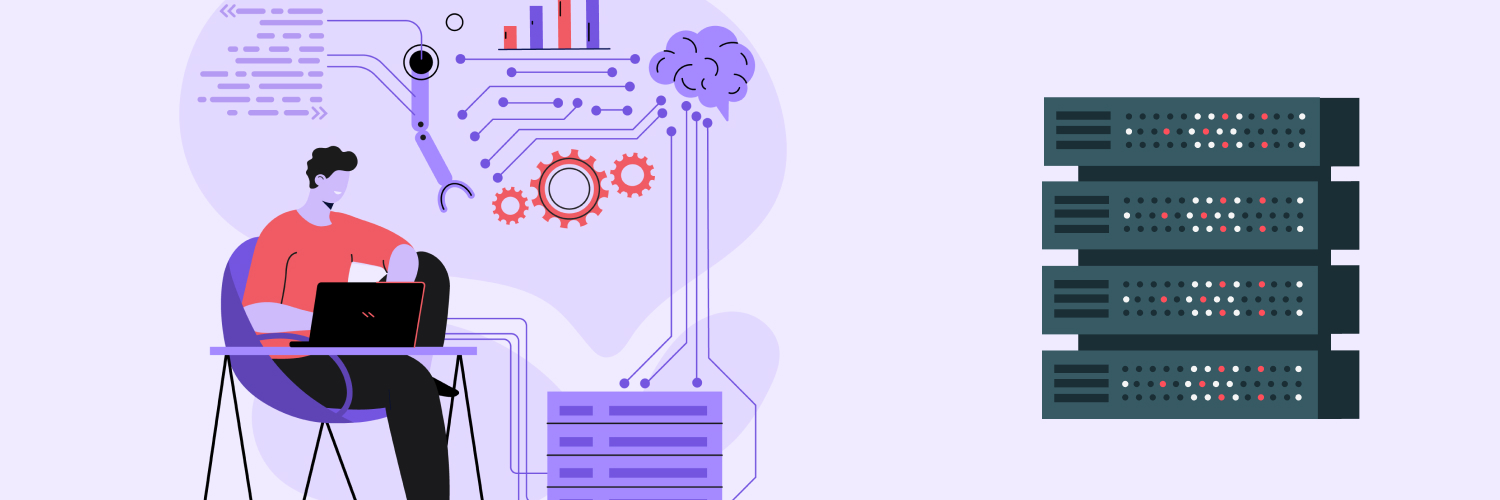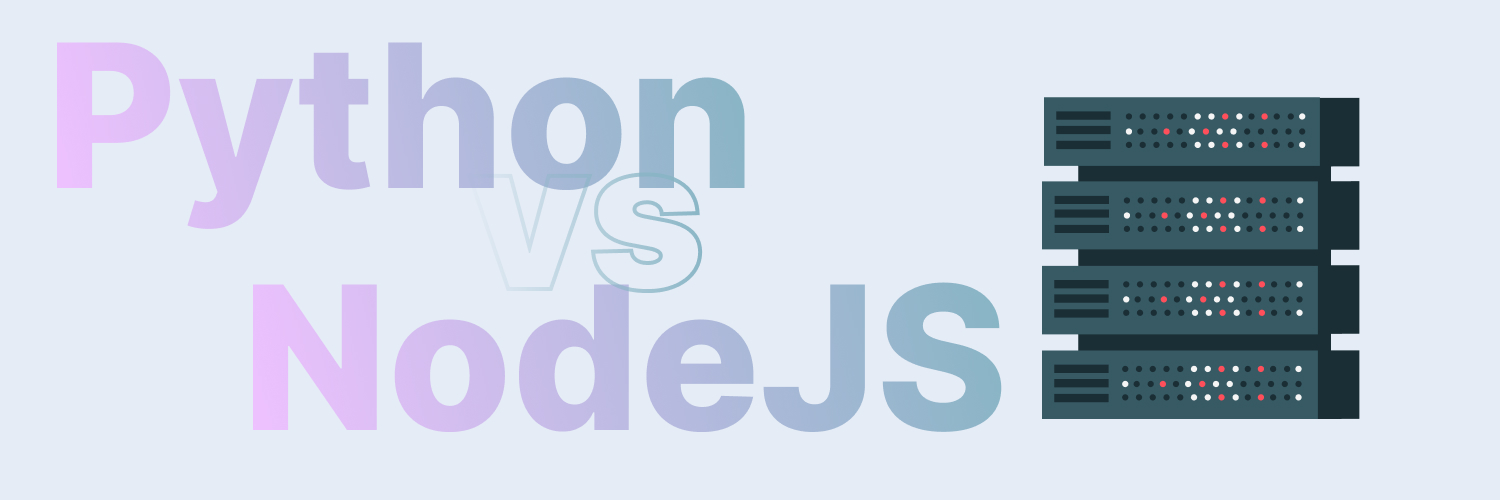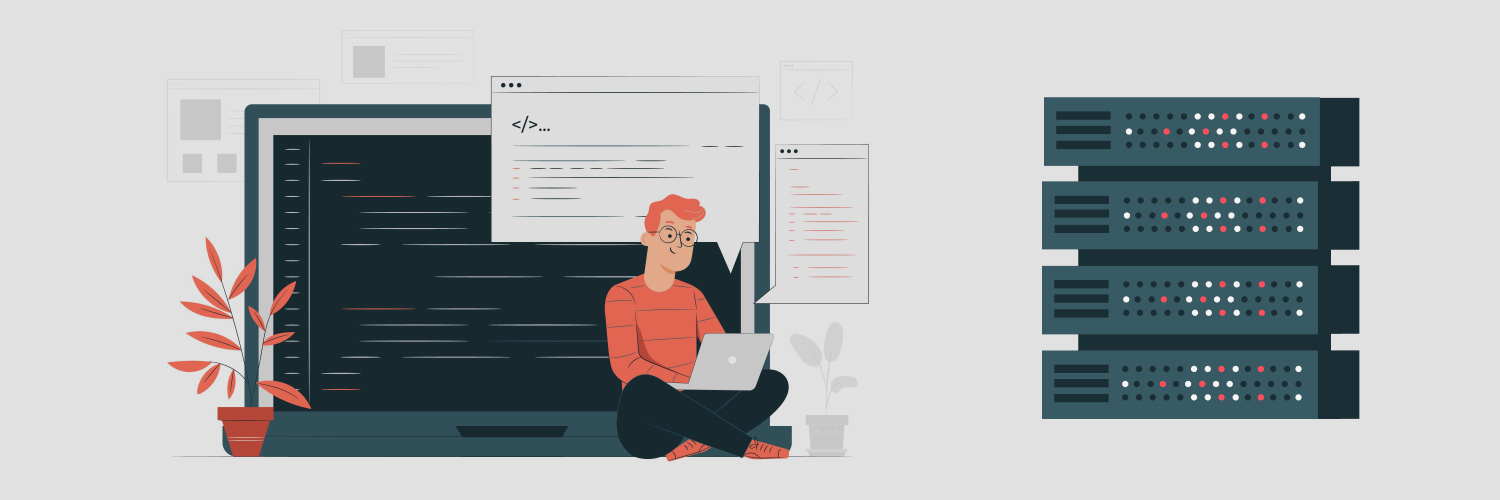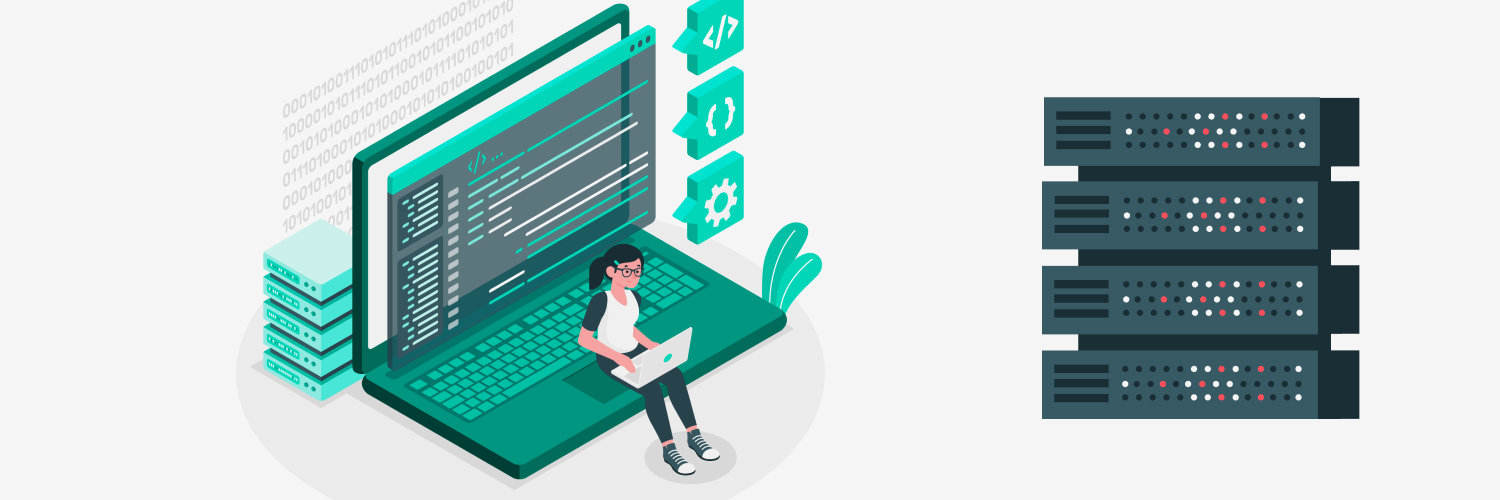Web Scraping & How Will It Be Used in the Future?
What is web scraping? What is it used for, and how will it be used in the future?
In this guide, you’ll find the answers to these and other frequently asked web scraping questions. Whether you’re brand new to the process or want to learn about how you can incorporate it into your organization, these insights will help.
Let’s get started!
General Overview of Web Scraping

Web scraping is the process of extracting data from websites. It automatically fetches web pages and then extracts information from the HTML code. This data can be used for various purposes, such as analysis, research, or database creation.
Here’s a general overview of how web scraping works:
- Requesting the Web Page: Use a programming language (e.g., Python, Ruby, or JavaScript) and a web scraping library (e.g., BeautifulSoup, Scrapy, or Selenium) to send a request to a website.
- Downloading the Web Page: Once the request is received, the server responds with the HTML content of the web page. The scraping tool downloads this HTML content.
- Parsing the HTML: The HTML content is parsed to extract the relevant data. This is done using parsing libraries like BeautifulSoup in Python or other similar tools.
- Extracting Data: After parsing the HTML, specific elements or data points of interest (such as text, images, links, or tables) are extracted.
- Storing or Using the Data: The extracted data can be stored in a local file or a database or used for further analysis, depending on the purpose of the web scraping.
Web scraping is used to extract what type of data?
Web scraping can be used to extract a wide variety of data from websites, including both text and non-text content. Here are some common types:
- Article content: News articles, blog posts, product descriptions, social media posts, forum discussions, and more.
- Reviews and ratings: Customer reviews of products, services, or businesses.
- Prices and product information: Product details, pricing, availability, and other attributes from e-commerce sites or comparison platforms.
- Market research data: Market trends, competitor analysis, customer sentiment, and other business insights.
- Financial data: Stock prices, financial news, company reports, and market analysis.
- Images and videos: Product images, video content, screenshots, and other visual elements.
- Audio files: Podcasts, music tracks, or other audio content hosted on websites.
- Social media data: Profiles, connections, likes, shares, and other social media interaction data.
- Structured data: Information formatted in structured languages like JSON or XML, often containing valuable details like product listings or financial data.
- Links and URLs: Identifying relevant internal or external links on a website.
- Metadata: Information about the website itself, like author, creation date, or keywords.
- Email addresses and other contact information: Some scrape email addresses and other contact details for lead generation and marketing purposes.
What Is the Difference Between Web Scraping and Web Crawling?

Web scraping and web crawling are related concepts, but they serve different purposes and involve distinct activities. Here are the key differences between web scraping and web crawling:
Purpose
The primary purpose of web crawling is to navigate and index the content of multiple web pages. Web crawlers, also known as spiders or bots, systematically traverse the web, following links from one page to another to index and update information for search engines.
The primary purpose of web scraping, on the other hand, is to extract specific data or information from web pages. It involves parsing the HTML structure of a single or a few pages to gather targeted data for various purposes, such as analysis or storage.
Scope
Web crawlers cover a broad scope, navigating through numerous pages across different websites to index and catalog the content. They focus on discovering and following links to build a comprehensive web map.
Web scraping is more focused and specific. It is designed to extract particular data elements from specific web pages based on predefined criteria.
Volume of data
Web crawling involves handling large volumes of data, as web crawlers need to index content from numerous pages and websites.
Web Scraping typically deals with smaller data sets, as it’s concerned with extracting targeted information from specific pages.
Frequency of requests
Web crawlers operate continuously to keep search engine indexes up-to-date. They make frequent requests to multiple websites to ensure the most recent information is captured.
Web scraping involves occasional or specific requests to retrieve the desired data. Scraping is often done on-demand and may not involve continuous, frequent requests like web crawling.
Interaction with the website
Web crawling focuses on discovering and following links without necessarily interacting deeply with the content. The goal is to index the structure and relevance of web pages.
Web scraping involves interacting with the content of specific pages extracting information directly from the HTML structure. It may simulate human interaction to access data that is not readily accessible through links alone.
What Is Data Scraping and How Does It Compare to Web Scraping?

Web scraping is a subset of data scraping, specifically focusing on extracting data from websites.
Data scraping has a broader scope and can handle different data sources and formats, including databases, documents (PDFs, Word files), spreadsheets, and APIs. Web scraping requires the internet, whereas data scraping does not.
What Is A Web Scraping Used for?
Web scraping has a wide range of applications across various industries and fields, including the following:
Business
Businesses can use web scraping in numerous ways.
For example, they can track competitor pricing and identify the best deals for their customers. This helps them maintain a competitive edge in the market.
Companies can also gather insights about industry trends, customer preferences, and competitor strategies by scraping data from relevant websites. This information can inform their product development, marketing campaigns, and overall business decisions.
Web scraping also comes in handy when it comes to lead generation. Websites can extract contact information and other relevant data from various sources to identify potential customers for their products or services.
Platforms like Google Shopping can also use web scraping to collect and display product information from multiple retailers, offering a comprehensive shopping experience for users.
Finance
Organizations in the finance industry can use web scraping as part of their financial data analysis strategy.
For example, investment firms and other financial institutions scrape data from financial websites and news sources to track market trends, analyze company performance, and make informed investment decisions.
Companies can also use web scraping to identify suspicious activity or patterns that might indicate fraudulent transactions.
Social media
Businesses and organizations can monitor social media conversations about their brand or industry by scraping data from platforms like Social Media. This sentiment analysis helps them understand public perception and gauge customer sentiment.
Marketing agencies can also scrape data to identify influencers and potential brand advocates to collaborate with in their campaigns.
Academic research
Researchers can use web scraping to gather large datasets from various sources for their studies in different fields like sociology, economics, or political science. They can also analyze large volumes of online content (e.g., news articles, social media posts) to gain insights into different topics and phenomena.
Real estate analysis
Web scraping offers a wealth of possibilities in the real estate industry, enabling various tasks and insights. For example, agents can use scraping to monitor listing platforms to analyze price fluctuations across different locations, property types, and sizes. This helps them understand market conditions and make informed investment decisions.
Agents can also compare asking prices with estimated market value, potentially revealing undervalued properties with high return potential, and scrape online forums, social media groups, or property management company websites to uncover properties not yet officially listed.
Common Challenges of Web Scraping
Web scraping can present various challenges, and practitioners often encounter difficulties while extracting data from websites. Some common challenges of web scraping include:
- Website Structure Changes: Websites are subject to updates and redesigns, leading to HTML structure and CSS class changes. These alterations can break the existing scraping code, requiring regular maintenance and updates.
- Anti-Scraping Mechanisms: Websites may implement anti-scraping measures to prevent automated access, such as CAPTCHAs, rate limiting, IP blocking, or using dynamic content loading. Overcoming these mechanisms can be challenging and may require additional techniques.
- Session Management and Cookies: Websites often use cookies and sessions to manage user interactions. Handling sessions and cookies correctly is necessary to maintain a consistent and valid state during scraping.
- Dynamic Content Loading: Websites increasingly use JavaScript to load content dynamically after the initial page load. Traditional scraping tools may not capture dynamically loaded content, requiring the use of headless browsers like Selenium.
- IP Blocking and Access Restrictions: Frequent and aggressive scraping can lead to IP blocking or access restrictions. To mitigate this, scraping tasks may need to be throttled, rotating proxies may need to be used, or other techniques may need to be employed to avoid detection.
- Handling Pagination: Extracting data from paginated content requires managing multiple pages effectively. Identifying and navigating through paginated structures can be complex, especially if the pagination relies on JavaScript.
- Data Quality and Cleaning: Extracted data may contain inconsistencies, errors, or irrelevant information. Cleaning and validating the data are essential steps to ensure accuracy and reliability.
- Performance and Scalability: Large-scale scraping operations may face challenges related to performance and scalability. Efficiently handling a large volume of requests and processing substantial amounts of data can strain resources.
What Are the Top 5 Languages for Web Scraping?

There are several programming languages you can use for web scraping. The following are five of the most popular options, each with its own strengths and weaknesses:
Python
Python is a programming language known for being highly readable, simple, and versatile. It was created by Guido van Rossum and first released in 1991. It has since become one of the most popular programming languages, widely used for various applications, including web development, data analysis, artificial intelligence, machine learning, automation, and more.
Python offers several benefits, including a large and active community and extensive libraries like Beautiful Soup, Scrapy, and Selenium. It’s also beginner-friendly, with many resources, including tutorials and courses.
There are also some downsides, including the fact that it can be slower than compiled languages for large-scale scraping. It’s also not ideal for highly dynamic websites.
JavaScript (Node.js)
JavaScript is frequently used in web development because it allows developers to create dynamic and interactive website content. It is a core technology that powers the internet, along with HTML (Hypertext Markup Language) and CSS (Cascading Style Sheets).
JavaScript works well for scraping dynamic content because it can run JavaScript in the browser. It is also suitable for real-time data processing and has an extensive community and ecosystem.
On the other hand, JavaScript can also be more complex to learn and code. It also requires familiarity with the Node.js environment.
Java
Java is a high-level, class-based, object-oriented programming language. It is a mature and stable language that offers libraries like JSoup and HTMLUnit for scraping, making it a popular choice for enterprise-level projects.
At the same time, Java has a more verbose syntax compared to Python, and it has a steeper learning curve, making it more challenging for beginners.
PHP
PHP (Hypertext Preprocessor) is a general-purpose scripting language geared towards web development. It integrates well with existing PHP projects and has libraries like Goutte available for scraping purposes.
Because PHP is best suited for scraping websites built with PHP, it might not be as versatile as other languages.
R
R is a programming language for statistical computing and data visualization. It is often used in fields like data mining, bioinformatics, and data analysis.
R is a powerful language for data analysis and visualization and is good for statistical analysis of scraped data. It also offers libraries like rvest for web scraping.
However, R is also less intuitive for web scraping compared to Python or JavaScript. It also requires in-depth knowledge of R’s specific syntax and structure, making it less suitable for beginners.
Most Popular Web Scraping Tools
Now that you can answer questions like “What is scraping?” and “What is website scraping,” it’s time to move on to the most popular tools you can use for this process. Here are some well-known and frequently used options to consider:
-
- Browser extensions: These are small programs you can install in your web browser, such as Chrome or Firefox. They are easy to use and don’t require any programming knowledge, but they are limited in what they can do. They can only scrape data from the current page you are on, and they cannot handle complex websites.
- Software applications: These are standalone programs that you install on your computer. They are more powerful than browser extensions and can handle more complex websites, but they require more technical knowledge to use.
- Cloud-based tools: These tools run on remote servers, so you don’t need to install any software on your computer. They are often the most scalable and robust option, but they can also be more pricey.
- Proxies: A web scraping proxy serves as a gateway through which your requests are routed. The target website receives the proxy’s IP address instead of your actual IP address.
Future Trends for Web Scraping

The web scraping world is growing rapidly, and many new developments are expected to emerge in the coming years. The following are some examples of future trends to watch for moving forward:
- Advancements in Machine Learning and AI Integration: Machine learning and artificial intelligence integration into web scraping tools is likely to increase. This could lead to more intelligent and adaptive scraping algorithms, making extracting relevant data from dynamic and complex websites easier.
- Robotic Process Automation (RPA) Integration: Web scraping may become more closely integrated with Robotic Process Automation (RPA) tools. This integration can enable businesses to automate repetitive tasks and extract valuable data for decision-making.
- Focus on Headless Browsing: Headless browsers, which operate without a graphical user interface, may see increased adoption in web scraping. This allows for more efficient automation and can help in handling JavaScript-driven websites.
- Improved Browser Extensions and Add-ons: Browser extensions for web scraping, especially those designed for non-programmers, may become more sophisticated and user-friendly. These tools may offer enhanced visual interfaces and capabilities for data extraction directly from the browser.
- Blockchain and Decentralized Web Scraping: With the increasing interest in blockchain technology and decentralized applications, decentralized approaches to web scraping might be explored. This could involve distributed scraping tasks and decentralized storage of scraped data.
Why Use a Proxy for Web Scraping?

Web scraping proxies act as an intermediary between your scraping tool and the target website, offering several key benefits, including the following:
- Masking your IP address: This is the primary function of a scraping proxy. Websites can detect and block scraping attempts based on the IP address making the requests. Proxies hide your actual IP address and route your requests through their own servers, making it appear as if the requests are coming from a different location or even multiple different locations. This helps in preventing your scraper from being blocked.
- Bypassing geo-restrictions: Some websites restrict access to certain content based on the user’s location. By using a proxy server located in a specific region, you can access and scrape data that would otherwise be unavailable to you.
- Avoiding rate limits: Websites often impose rate limits on how many requests they will accept from a single IP address within a specific timeframe. By using multiple proxies, you can distribute your scraping requests across different IP addresses, helping to avoid hitting these rate limits.
- Rotating IP addresses: Some scraping proxies can automatically rotate your IP address with each request. This further enhances your anonymity and reduces the risk of detection.
- Increasing scraping speed: Some proxy providers offer high-speed servers that can improve the performance of your scraper.
Types of Proxies
You can choose from several different types of web scraping proxies, including these popular options:
- Datacenter proxies: These are relatively inexpensive but come from data centers and might be easily identified by websites with advanced anti-scraping measures.
- Residential proxies: These proxies use real IP addresses from individual devices like home computers and smartphones. They offer the highest level of anonymity but are typically more expensive.
- Mobile proxies: These proxies use IP addresses from mobile devices, allowing you to access mobile-specific content and bypass mobile-only restrictions.
Many people argue that the best proxy is res ip for web scraping. Residential proxies offer several advantages, including these:
Enhanced anonymity
Residential IPs blend seamlessly with regular internet traffic, making it difficult for websites to detect scraping activities compared to datacenter proxies, which often get flagged.
Many residential proxy services also offer automatic IP rotation, further reducing the risk of detection and blocking.
Bypassing restrictions
Users can access geo-restricted content or websites by choosing a proxy based on a specific location. Residential IPs are also less likely to trigger CAPTCHAs or other anti-bot measures as they appear to be genuine users.
Improved reliability and performance
Residential proxies typically offer faster connections than data center proxies as they are not overloaded with numerous users. But it is not true for Rayobyte, Rayobyte maintain speed for both and DC is actually known for speed. Reputable providers also ensure high server uptime and availability for uninterrupted scraping or browsing.
Should You Use Free Web Scraping Software?
Free web scraping software might initially seem enticing, but it also comes with certain risks. Free tools tend to be less reliable than paid versions, and they may offer limited services that don’t align with your unique needs.
If you’re hesitant about investing in a particular web scraping tool, look for options that come with a free trial. That way, you can experiment with the solution before fully committing.
Final Thoughts

There you have it — answers to many of the most frequently asked web scraping questions, including “What is a web scraping?” “What is web scraping used for?” and “What are the most popular web scraping tools.”
Are you interested in using a high-performing, highly reputable web scraping tool or reliable web scraping proxies? If so, Rayobyte has got you covered.
The information contained within this article, including information posted by official staff, guest-submitted material, message board postings, or other third-party material is presented solely for the purposes of education and furtherance of the knowledge of the reader. All trademarks used in this publication are hereby acknowledged as the property of their respective owners.






